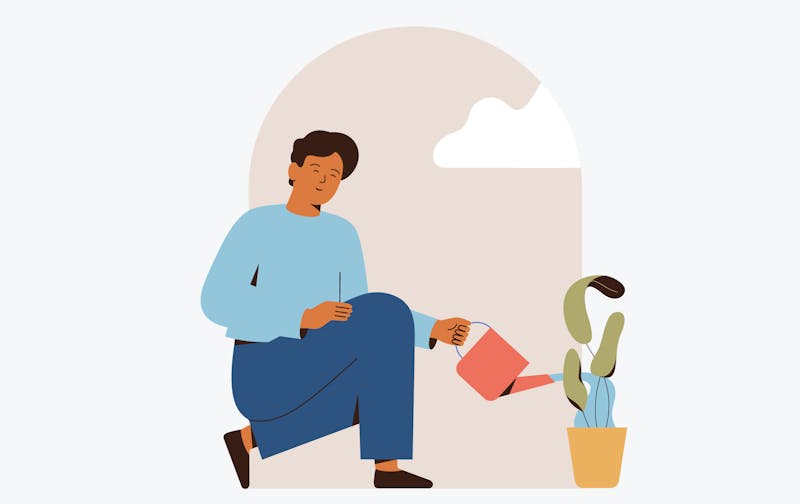Acquittal
If the perpetrator is acquitted that means that they are not found guilty. The reason is not that the judge does not believe you. It just means that it was not possible to prove without a doubt that the offence had taken place.
All sorts of feelings can come up after the judgement has been pronounced.

This page is a part of the guide for victims (15 to 17) of sexual offences.
If the perpetrator is acquitted that means that they are not found guilty. The reason is not that the judge does not believe you. It just means that it was not possible to prove without a doubt that the offence had taken place.
If the perpetrator is found guilty, they are convicted. The judge decides how long a sentence the person has to serve. That means how long they have to be in prison. The length of the sentence can depend on many things, including age, previous offences, and how likely the perpetrator is to commit another offence.
Fact: The person who committed an offence against you is not allowed to behave badly towards you or threaten you.

When someone is sentenced to prison that does not always mean that they will be confined to prison the whole time. If a prisoner demonstrates good behaviour and takes part in treatment it’s possible that they will get to serve their sentence with more lenient security.
Further into the sentence, they might be granted day leave from the prison, get to serve the sentence in an open prison that is not fenced off, be transferred to a residential rehabilitation centre, or be granted an ankle bracelet and be electronically monitored.
If the convicted person breaks the rules at the place where they are serving their sentence, they can be sent back to a closed prison.
The Prison and Probation Administration’s policy is that the punishment for an offence is the judgement itself. The sentence should rehabilitate people in order to prevent them from committing another offence in the future. People need to be reintegrated into society, not ostracised. The policy is based in part on evidence that it is very difficult to reform a person in a closed prison.
The Prison and Probation Administration can forbid a perpetrator from contacting you, for example when they go on day leave, to a residential rehabilitation centre, get an ankle bracelet, or are granted probation.
If the convicted party violates these conditions they can lose these privileges, for example be sent from a residential rehabilitation centre back to prison, have the permission to serve their sentence with an ankle bracelet revoked, and more.
In certain instances, it is possible to keep the reason why these privileges were revoked a secret from the perpetrator. However, the general rule is that they have the right to know why the decision to grant electronic monitoring was revoked or why they were sent away from the residential rehabilitation centre Vernd, to give some examples.
If you want to, you can contact The Prison and Probation Administration and receive information on the sentence of the person who committed an offence against you. For some people, it’s good to know where the perpetrator is in the process of serving their sentence and if it’s possible to run into them out in public. Other survivors don’t want to think about it and that’s also OK.
Although your case is closed within the justice system, you will most likely have to deal with its repercussions for some time. Child protection services make sure that you receive the appropriate trauma therapy. It does not matter where in the country you live, everyone receives the same service.